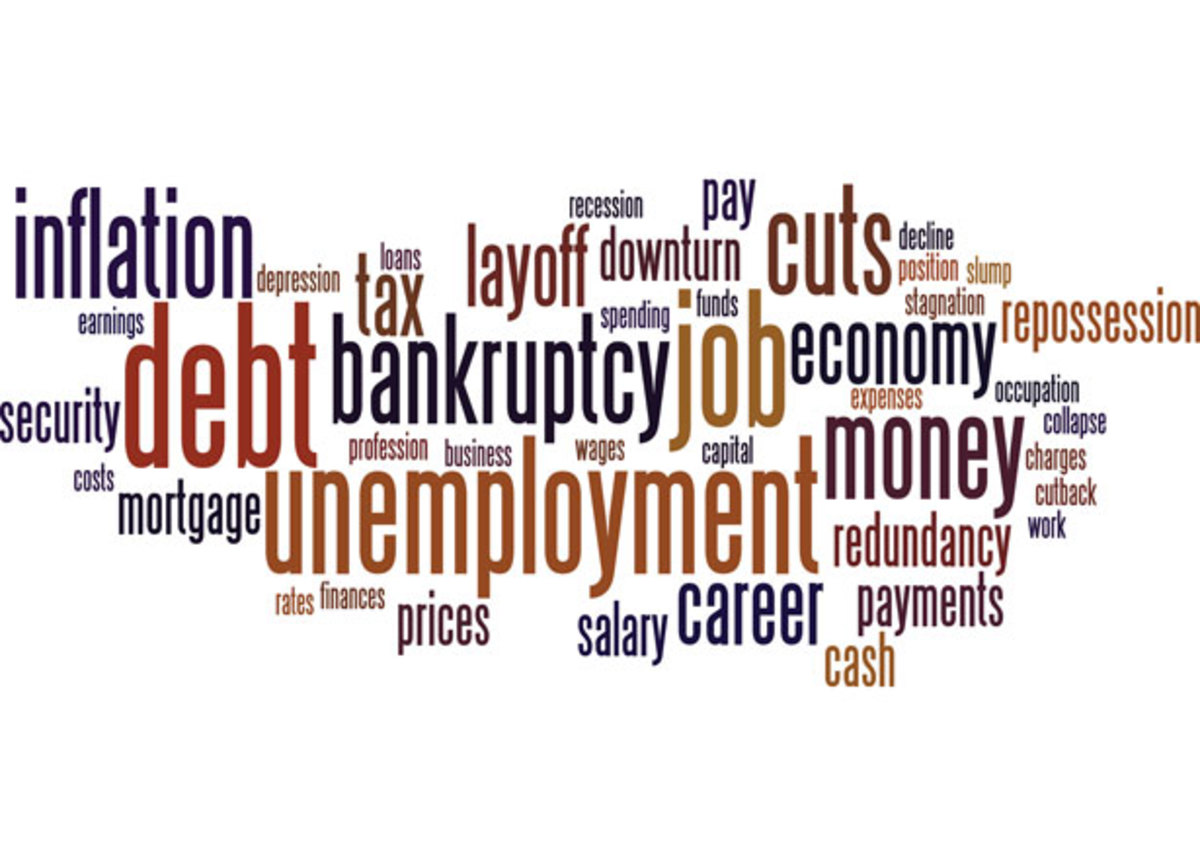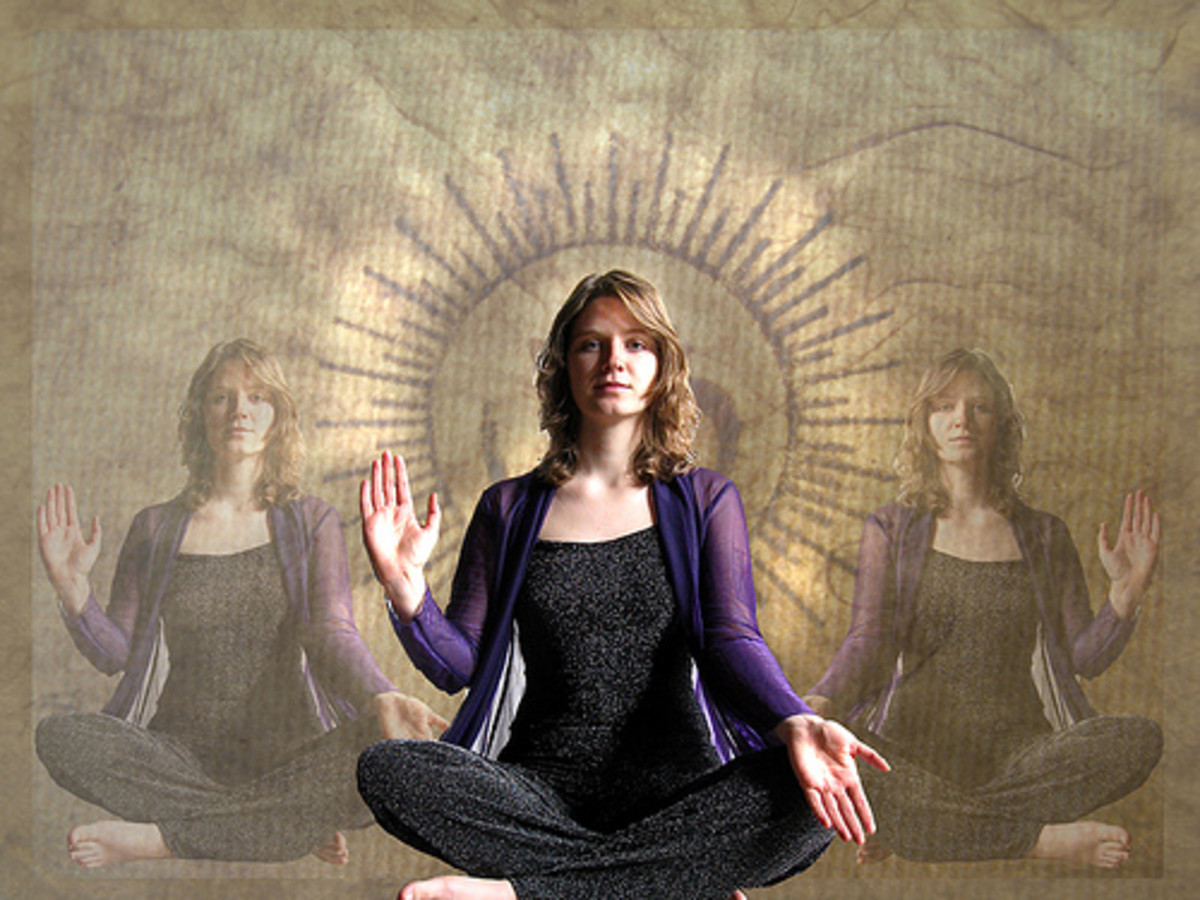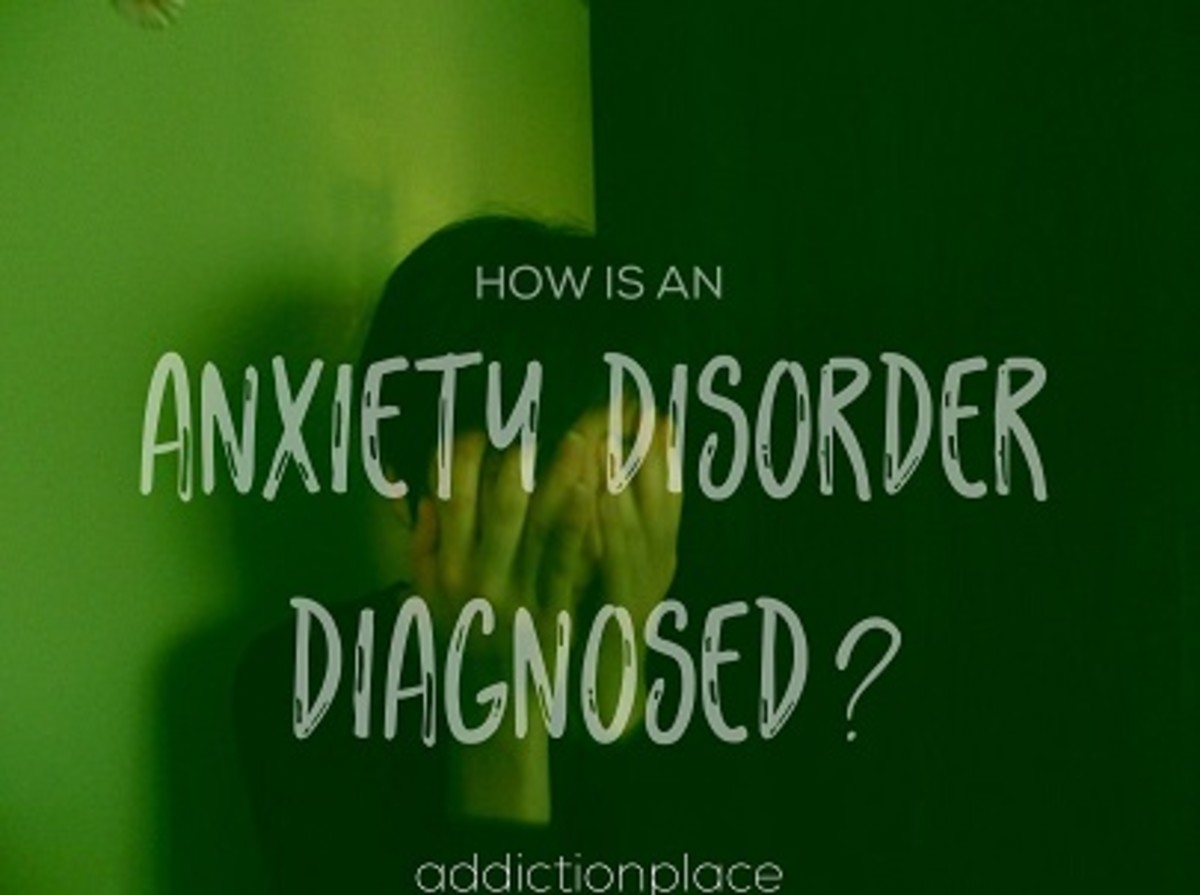How to Survive Social Anxiety
Nervousness is a feeling of unease that we feel before something important like an interview or a date. Being nervous is absolutely normal considering that we can still function and live our life. However when nervousness is not just a feeling of unease but becomes a paralyzing force making us incapable of operating, it is called anxiety. Social anxiety is a paralysis triggered by social interactions and is a problem that I have dealt with for most of my life. The paralysis is one of the mind, our thoughts become scrambled, we start feeling anxious, our heart beat rises, we start sweating and the next thing we know our body frame breaks down. We start looking like a defeated dog as we fall in the dominance heirachy and feel weak and fearful. All we can think of is how we can either leave the situation or seem as inconspicuous as possible, to stay out of the limelight.
It has caused me to not live upto my potential and comes with unbearable mental torture. Seeing myself as a person incapable of speaking my mind and acting normally in social situations made me fearful of them and as a result I started avoiding people. The problem with social anxiety is we never know when it might be triggered, in an important meeting or on a date. As a result the way people looked at me changed and so did the way I looked at myself. Having social anxiety is a death sentence for our self esteem, to believe ourselves as someone incapable of dealing with life. At the peak of my anxiety, I used to be depressed about the fact that this is will stop me from enjoying my life ie from travelling, from having relationships, from having a career. I thought it was the end, that I would never amount to anything. Only later when I started looking at anxiety and its effects objectively did I realize that I can not only manage it but also limit its effects by proper practices to directly deal with the ill effects of anxiety.
The first thing to understand about anxiety is how it is developed and how it acts. For this I must explain the concept of The Complex. The Complex according to psychologists is a series of thoughts based around a particular event that may reemerge if the underlying thoughts are triggered. It causes a subpersonality to surface which is based around the complex. For example if you are someone with an anxiety of needles, because you had a harsh doctor when you were young, everytime you see a needle, the same thoughts of helplessness come up making you afraid and paralyzed. Here the needle is the trigger and the paralysis is the subpersonality. Now for someone with social anxiety the trigger may be the first mistake that they make in an interaction which then in turn triggers thoughts about them not being good enough and that they will fail again as they have many times before, as a result the anxiousness is triggered. The thing to understand about the complex is that it feeds off negativity and widhrawal ie it becomes stronger the more negative thoughts we create and the more we try to avoid what we fear.
It is of prime importance to understand that the complex is built by negative thoughts around the situation which is literally strengthening the enemy, making it less likely that you will get over it. To actually limit its power we must look objectively at what we did wrong and to question what we feared with an air of forgiveness rather than pessimism. The more we avoid our fears the more our brain will start conceiving what we avoid as dangerous thus increasing the chances of falling prey to it again in the future. In general the problem entirely lies in our mind and to solve it we must take control over the functioning of our mind. This may sound easy but actually just the simple act of constructive reasoning of the interaction can help us in putting things back into perspective. To realize that it was one interaction that you screwed up and its not the end of the world.

Now to manage anxiety in a social situation we must first note down its ill effects.
- We lose the function of reason ie our mind gets confused due to the triggering of the complex.
- Our body posture breaks down and we attempt to look inconspicuous and weak.
- How can we make sure that we can remain anxiety free for longer durations by reducing the probability that it is triggered.
First, we lose our ability to reason and have a control over our mind. You see the weak dog is doomed by fate and has little to no chance of recovery but we, humans have one thing that the dog doesn’t. The power of reason. We have the ability to learn and change our current situation as a consequence. The first step towards fighting the complex is to have a reason. This may be as simple as you wanting to meet your cousin brother or to enjoy the weekend party, all we need is a reason, a goal to fight off internal rumination, to have an external goal and to focus outwardly on it. What a goal does in general is it brings into the light what is important. This is essential as an anxious mind needs perspective, to know what is important and to disregard what isn’t. To not allow your mind to sway from the current path no matter how strong the complex is. One thing I would suggest you to practice is mindfulness, to be able to stay calm even in high stress situations and not losing your faculty of reason.
Second, our body posture breaks down. To deal with this I purposely puff up my body when I feel anxious. I stand straight and keep my neck high to prove to myself that I am still in control. This simple act allows us to train our body to get bold when faced with fear rather than breaking down, to hold a position of power inspite of fear. This may sound foolish but it actually turns out that simply holding a strong frame releases the chemicals in your body related to dominance and confidence, which is exactly what you need in these situations.
Third, how can we create an environment around us that facilitates more action, to avoid falling back into anxiety? This is easier to do in some cases than in others for example if you know a bunch of people in a party then you have options to talk constantly and stay out of your head, but If you do not then the only way to do this is to be bold, to take your chances. You see if you do not act, you will definitely fall back into paralysis, so is it not better to go for it while you are feeling good, to attempt to act constantly so that our mind does not fester.
The major thing that changed my perspective on my own anxiety was the concept of nueroplasticity. This states that our minds our is subject to change, if we are adamant that the change occurs. I was an anxious mess but this is what gave me hope that if I just persist longer or train more then handling the anxiety will become easier someday. We have a saying in India, “Tera Khnoon Kab Khaulega”. Which literally means when will your blood boil. How long are you willing to take this mental torture? How long will you stand and suffer? When will your blood boil , when will you become adamant for change. Change will come, but only for those who are willing to go through what it takes. My blood is boiling and I hope yours is too.








